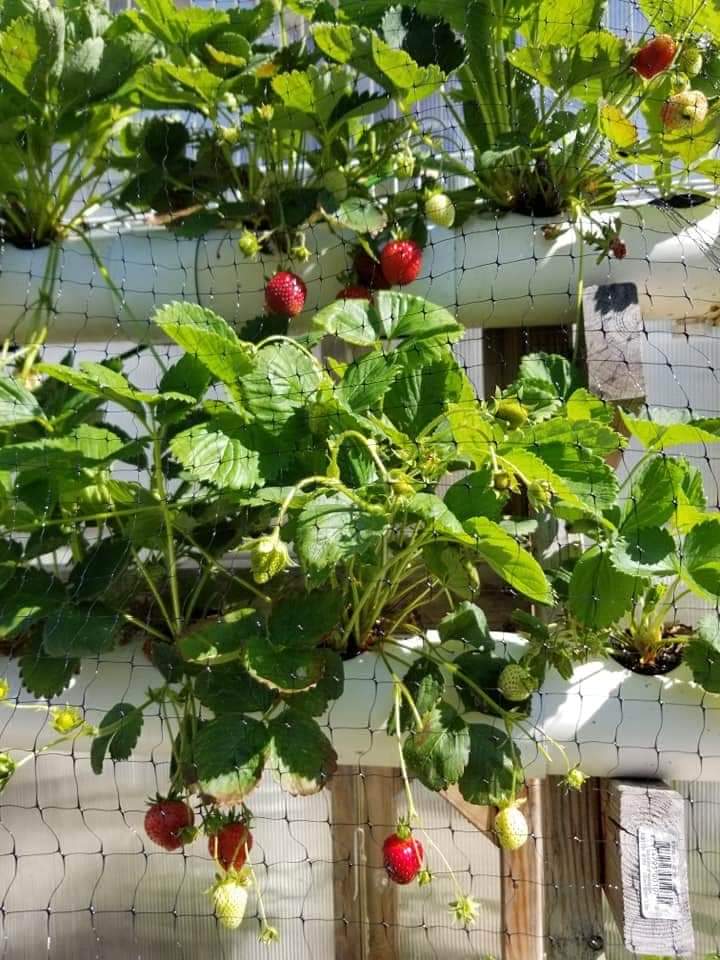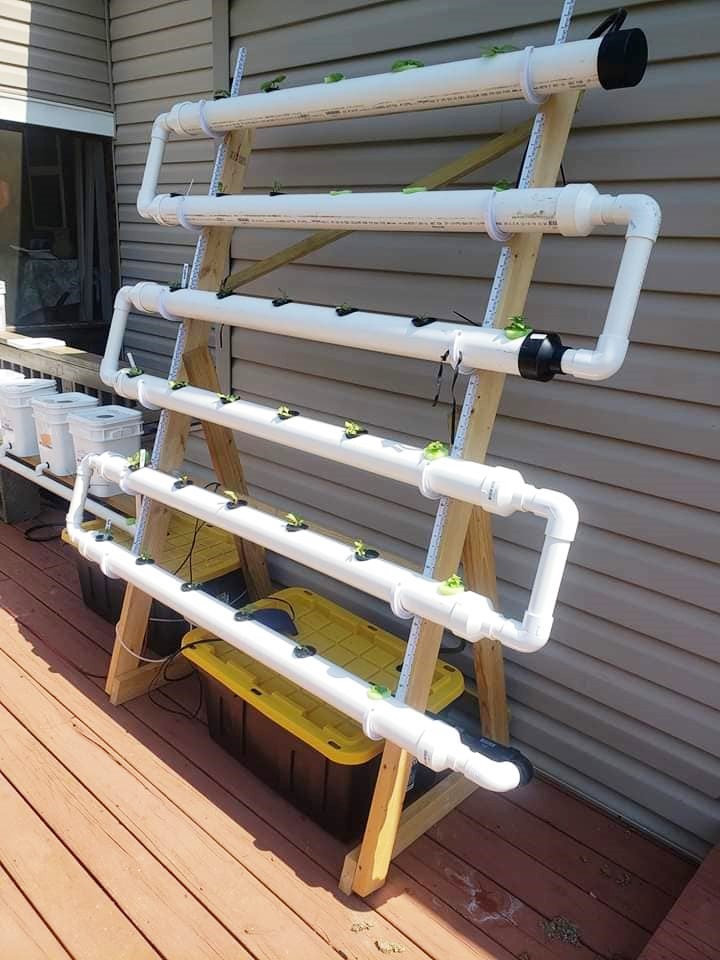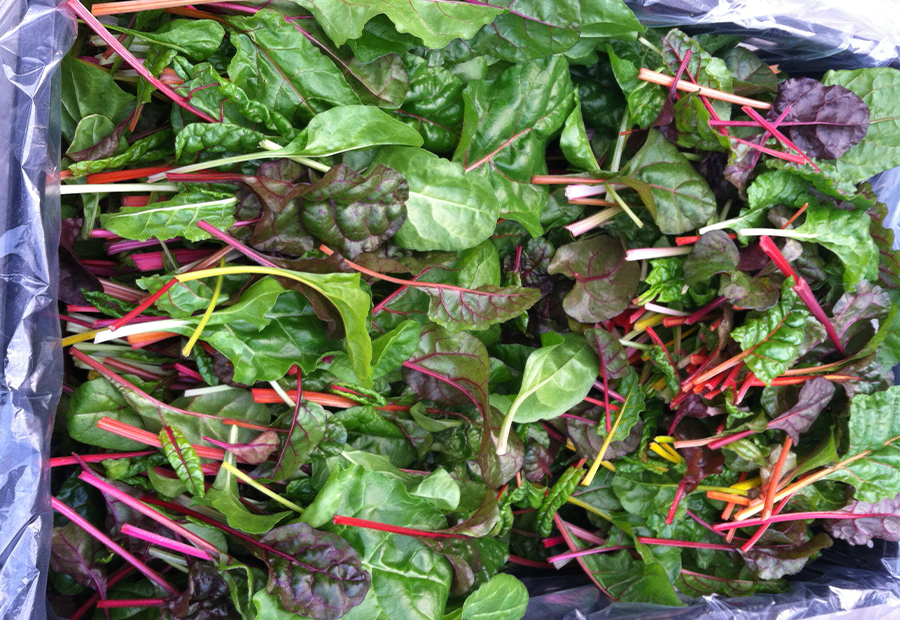Grow your own food in the city. Here’s how.
The cost of food is sky rocketing daily. It seems particularly painful when you consider that the necessities we buy weekly from the market can be grown at home. The reasons we don’t grow them pertain to lack of space and time.
Hydroponics Farms Uganda has a solution for that. They can set you up to grow your vegetables in just about any space. To explain more, co-founder Mahikaho Amon answers some questions.
1. What is hydroponic farming?
Hydroponic farming is simply soilless farming. Unlike in traditional agriculture, in hydroponics, plants are grown with only the roots exposed to the mineral solution. The roots are supported by an inter-media such as Perlite Mix or Coco Peat. Hydroponic farming is more sustainable as the hydroponic environment is usually controlled.

2. Can you grow anything in a hydroponic farm?/ What crops can you grow?
Yes. Any plants can be grown with hydroponics, though some are easier to grow than others. The easiest plants to grow in a water-based environment are leafy veggies like lettuces, spinaches, etcetera, herbs, beans, and seedlings. Plants such as maize and pumpkins are more challenging because they are bigger, heavier, and require more space.
Deep-rooted and tuber crops like potatoes, carrots, and cassava require deep growing media so that they can develop starchy roots & tubers and are not recommended for hydroponic gardens. However, they can also be grown with hydroponics through deep water culture systems.

3. Is there a danger in using ‘artificial soil?’
There is no artificial soil used. It is just a growth media as I said before. Instead, nutrients are provided via a water-based system. Regular soil has been depleted of its nutrients. Pests and diseases in soil, over population and climate variability have rendered traditional farming through use of soil unviable.
Also, hydroponics is considered one of the solutions for the shrinking agricultural land and soil on planet Earth.
4. What services does Hydroponic farms Uganda provide?
At Hydroponic Farms Uganda we provide a wide range of hydroponic products and services that include;
- Designing, manufacturing, selling and installing Hydroponic Farms, Aquaponic farms, Aeroponic farms and Animal fodder systems. (All patented)
- Training farmers about climate smart farming.
- Providing consultations to NGOS, CBOS and others about Climate smart farming.
- Hydroponic Research.
- Sale of hydroponic nutrients (patented)

5. We are a family of 4, living in a flat, can hydroponic farming work for us?
Our patented Hydroponic Farms can be put anywhere; in the backyard, on the verandah, on the roof top, garages etc. With artificial led light, our farms can also be indoors. So, yes, Hydroponic farming can work for you.
6. When planting, can we ‘phase out’ the plants so that they don’t all fruit/ripen at the same time?
Yes you can. You get seedlings that are at different stages of growth. Plant a batch to be harvested in 3 months and 3 weeks later plant another batch. The plants will ripen or mature at different levels.
The reason I ask-is to avoid too big a yield that can lead to wastage.
Much as our clients at Hydroponic Farms Uganda grow for home consumption, we provide them with market for the surplus they have produced.

7. Let’s talk about pesticides. How can urban farmers in tiny spaces protect themselves and their crops?
Eliminating soils also eliminates annoying weeds, and soil-borne pests like groundhogs, gophers; and diseases like pythium, fusarium, rhizoctonia.Fewer pesticides are used when growing hydroponically, making environmental sense and creating healthy produce.
Although hydroponically grown plants have fewer pests and diseases, the use of pesticides is sometimes necessary. There is a wide array of pesticides that we use in hydroponics that are not dangerous to human beings and yet are effective.
8. Why did you start this company?
Hydroponic Farms was driven by the founders’ determination to help the vulnerable and underprivileged urban attain food security. We witnessed first-hand the struggle in the Kireka slum where we grew up and where Hydroponics farms started. We then patented our own Hydroponic Vegetable Farms a ground-breaking innovation that is now the company’s top product. With continued research and technology, hydroponics has become a viable enterprise for the target communities.


0 thoughts on “Grow your own food in the city. Here’s how.”